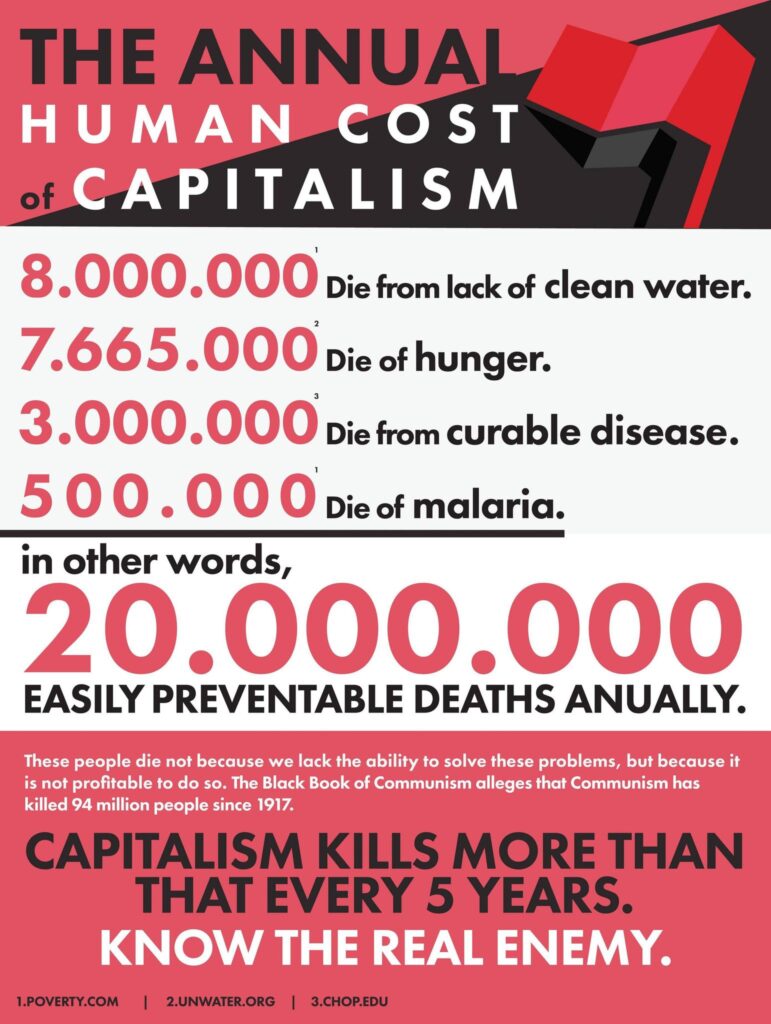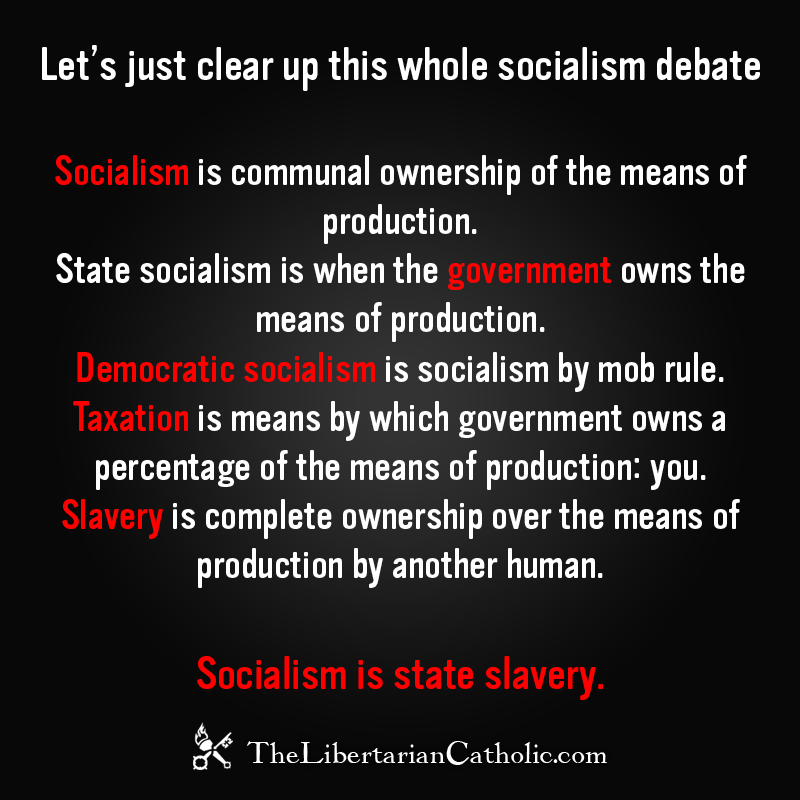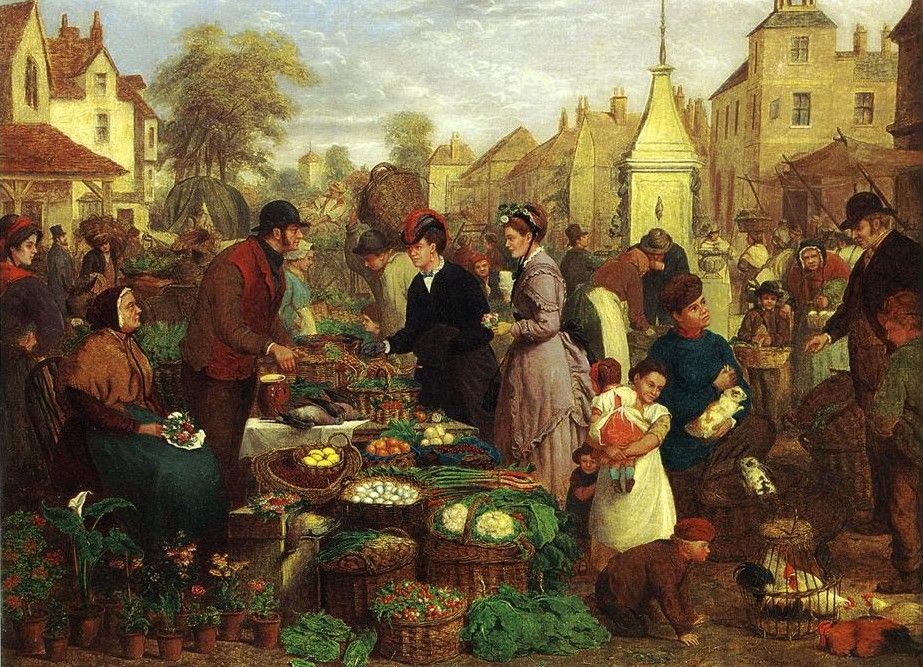In response to the historic evidence of communist regimes killing over 100 million through democidal sociopathy, communists have tried to turn the argument on its head, claiming that “Well, ackshully, capitalism has killed hundreds of millions too!”
The argument goes something like this:
The goal of capitalism is profit and if it’s not profitable to save someone’s life, then that death is attributed to capitalism.
This comrade hilariously includes fresh drinking water and vaccines as something that doesn’t make a profit and so deaths from bad water and lack of vaccines should be attributed to capitalism:
I guess he hasn’t been to a grocery store recently and seen the aisles of profitable drinking water or heard of Pfizer who’s made billions on vaccines.

Here’s a similar argument made in meme format:

I guess no one outside of capitalist systems die from hunger… Do these people even read what they write?
The point that the Marxists/communists miss is that anything that benefits people (including water and vaccines) is profitable because people will want to pay for things that benefit them.
Invisible hand
Adam Smith explained this phenomenon in 1759’s The Theory of Moral Sentiments:
The proud and unfeeling landlord views his extensive fields, and without a thought for the wants of his brethren, in imagination consumes himself the whole harvest … [Yet] the capacity of his stomach bears no proportion to the immensity of his desires … the rest he will be obliged to distribute among those, who prepare, in the nicest manner, that little which he himself makes use of, among those who fit up the palace in which this little is to be consumed, among those who provide and keep in order all the different baubles and trinkets which are employed in the economy of greatness; all of whom thus derive from his luxury and caprice, that share of the necessaries of life, which they would in vain have expected from his humanity or his justice…The rich only select from the heap what is most precious and agreeable. They consume little more than the poor, and in spite of their natural selfishness and rapacity, though they mean only their own conveniency, though the sole end which they propose from the labours of all the thousands whom they employ, be the gratification of their own vain and insatiable desires, they divide with the poor the produce of all their improvements…They are led by an invisible hand to make nearly the same distribution of the necessaries of life, which would have been made, had the earth been divided into equal portions among all its inhabitants, and thus without intending it, without knowing it, advance the interest of the society, and afford means to the multiplication of the species. When Providence divided the earth among a few lordly masters, it neither forgot nor abandoned those who seemed to have been left out in the partition.
So, strictly using the communist definition of capitalism as a system that seeks profit above human lives proves that capitalism actually helps humans live.
“But the invisible hand isn’t working! There are people still without fresh water or vaccines and people are dying from malnutrition!” they will claim.
For instance, the above video explains that malnutrition kills “over 3 million children each year” because “it’s simply not profitable to feed them.”
But those children aren’t dying because of capitalism, they’re dying from a lack of capitalism.
Why are people still dying from malnutrition? The communist says it’s because the capitalists won’t make a product to give it away therefore we must use the government to take stuff from people who have and give it to the people who don’t.
The capitalist looks at it from another angle. People are dying from malnutrition because they aren’t wealthy enough to buy food and they aren’t wealthy enough to buy food because their economic system isn’t free enough.
History has proven over an over again that the freer—that is to say the more capitalist—any given economic system is, the wealthier that system becomes.
And malnutrition is a function of wealth, which is a function of the level of freedom in the system:
Therefore, capitalism isn’t the cause of malnutrition deaths, the lack of capitalism is.
The anti-capitalist capitalism
Another argument used to support the idea that capitalism kills involves so-called capitalist wars.
Some claimed that the Belgian colonization of the Congo or the Anglo-Chinese Opium Wars are examples of capitalist crimes against humanity, but these were clearly operations conducted by the state and once the state is involved it ceases to be a capitalist endeavor.
Some attribute disasters like the Great Bengal Famine, which killed 10-30 million, to capitalism since the region was co-ruled by the largest corporation in the world at the time, the East India Trading Company. But at that point, the company acted more as a coercive government than a private company as it collected taxes and established grain monopolies.
This isn’t the no true Scotsman fallacy. Capitalism, by definition, is contrary to government coercion, so whenever an economic action is coerced by the government, it’s necessarily no longer capitalist.
Killer Capitalism
Some commercial products such as cigarettes, French fries, and pharmaceutical drugs slowly kill millions of people and it’s true that state regulation of these products can prevent much of the harm they cause but is is it fair to blame capitalism on the deaths of people who intentionally choose their demise? This is akin to blaming a knife-maker for someone who cuts himself using it improperly.
The best argument of capitalism as a killer is that some capitalists enterprises produce negative externalities when the production or consumption of a product results in a cost to a third party (eg toxic spills or pollution). It’s true that industrial production does increase pollution but it’s hard to pin this on capitalism alone. Communist countries are historically some of the worst polluters and while capitalist countries generally produce more and thus create more pollution, a country with individual property rights is more likely to fight polluting entities (a vast majority of environmental lawsuits around the world have occurred in predominantly capitalist countries and none in predominantly socialist countries).
Slavery
Some people mistakenly equate capitalism with slavery, but this comparison is fundamentally flawed. Capitalism, by its very nature, is a system based on voluntary exchanges where individuals freely enter into agreements for mutual benefit. Both parties in a capitalist transaction are free to negotiate terms and walk away if unsatisfied.
On the other hand, slavery is defined by its involuntary nature—individuals are forced into labor without consent and without the freedom to leave. Slavery, by its essence, denies the fundamental rights that capitalism presupposes, including personal autonomy and freedom of choice.

Ironically, those who equate slavery with capitalism often overlook the fact that taxation is a form of state-imposed servitude. While slavery involves the involuntary labor of individuals, taxation compels citizens to surrender a portion of their income to the state without direct consent. This “percentage state slavery” requires people to work a certain amount of time or produce a certain amount of value to satisfy the government’s demands. Socialism is state slavery. Unlike capitalism, which is based on voluntary exchange, taxation mandates the transfer of wealth, often without equivalent personal benefit or choice.
Conclusion
By definition, capitalism is an economic system that maximizes the individual ownership of the means of production. That necessarily means the reduction in the state ownership and control of the means of production. It maximizes voluntary transactions and minimizes coercive transactions. History has shown that this system is the best at getting goods from people who have to those in need and that capitalism is worst when it is least like capitalism. No, capitalism doesn’t kill millions of people.
 The Libertarian Catholic
The Libertarian Catholic
















